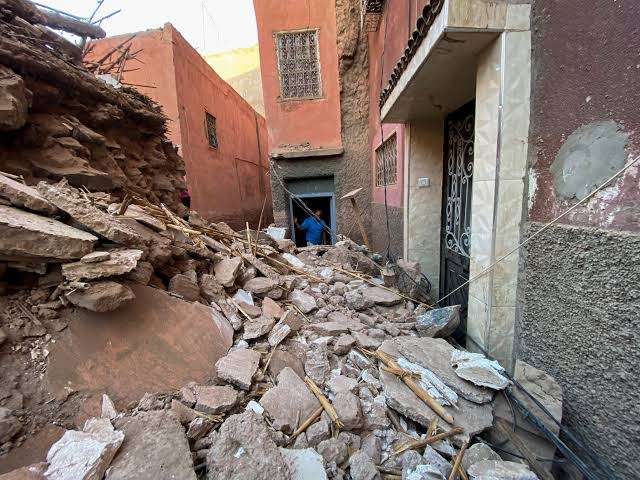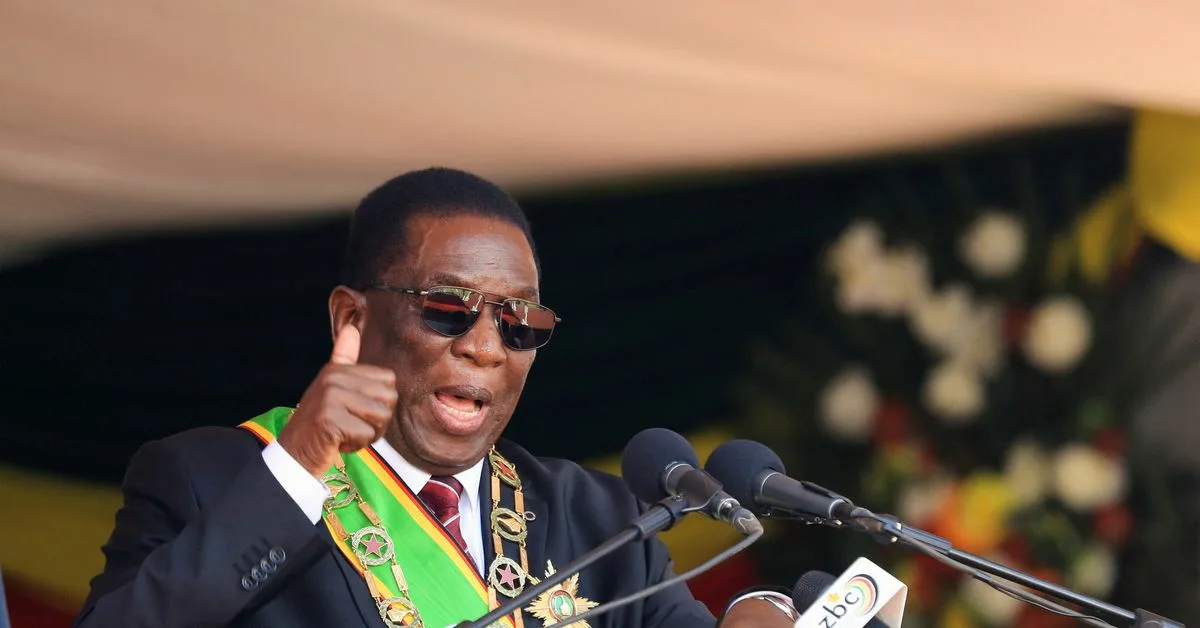THE TELEGRAPH
Survivors of Morocco’s earthquake were forced to dig the dead from the rubble with their bare hands as they awaited teams of rescuers struggling to clear roads blocked by landslides and boulders.
Some badly-hit villages were on Sunday night still completely cut off as a critical window for saving any trapped victims began to close.
The mountain village of Tafeghaghte, 40 miles from Marrakesh, was almost entirely destroyed, early reports suggest, with very few buildings still standing.
Civilian rescuers and members of Morocco’s armed forces searched in desperation for survivors and the bodies of the dead. One body was recovered from the ruins of a house. Four others were still buried there, residents said.
“Everyone is gone! My heart is broken. I am inconsolable,” cried Zahra Benbrik, 62, who said she had lost 18 relatives, with only the body of her brother still trapped. “I want them to hurry and get him out so I can mourn in peace,” she said.
In the village of Amizmiz, near Tafeghaghte, a digger dragged away the heaviest pieces of rubble before rescuers dug into the dusty debris with their bare hands to remove a body that appeared to be under a quilt.
In Moulay Brahim, a village near the epicentre, residents also described how they had pulled bodies from the rubble using their hands.
“We lost our houses and we lost people also and we are sleeping like two days outside,” said 36-year-old Yassin Noumghar, a Moulay Brahim resident.

Complaining of shortages of water, food and power, Mr Noumghar said he had received little government aid so far.
“We just want our government to help us,” he said, echoing growing frustration in mountain villages and towns near the epicentre of the quake.
The death toll on Sunday had risen to over 2,100 killed and more than 2,000 injured but was expected to continue
climbing.
Funerals took place as bodies were pulled out of the rubble. Men with pickaxes dug through the ground creating more and more graves as desperation swept over village after village.
But moments of joy pierced the horror. In one video from the poor rural town of Molay Brahim, rescue workers were seen overwhelmed with joy as they pulled out the body of a man, still alive. The building had been completely flattened. The rescue workers hugged in elation after they safely got him into the ambulance.
Efforts intensified in the hardest-hit mountainous regions to the south of Marrakesh on Sunday, but access remained difficult with some areas reported to still be completely inaccessible.
“We welcome whoever has any means of rescue, let them come and help,” Abdellatif Ouahbi, the mayor of Taroudant in the south west, and also the country’s justice minister, said.
“The next 24 to 48 hours will be critical in terms of saving lives,” said Caroline Holt, global director of operations for the International Federation of Red Cross and Red Crescent Societies.
The village of Ait Yahya in Taroudant province is reported to have lost one-third of its residents in the quake. Mr Ouahbi described the situation as catastrophic.

While offers of foreign aid and international search and rescue teams poured in from across the world, none had reached the North African country by Sunday afternoon.
Spain appeared likely to be the first to get a rescue crew on the ground, announcing on Sunday that a military plane carrying 56 rescue workers and four dogs had taken off en route to Morocco.
Other countries – including France, the US and Israel – said that they would provide support when Moroccan authorities formally requested it. Only Spanish and Qatari teams have so far been approved by the government. The government has not given any explanation as to why rescue teams from other countries have not been formally requested or approved.
READ THE FULL STORY IN THE TELEGRAPH


